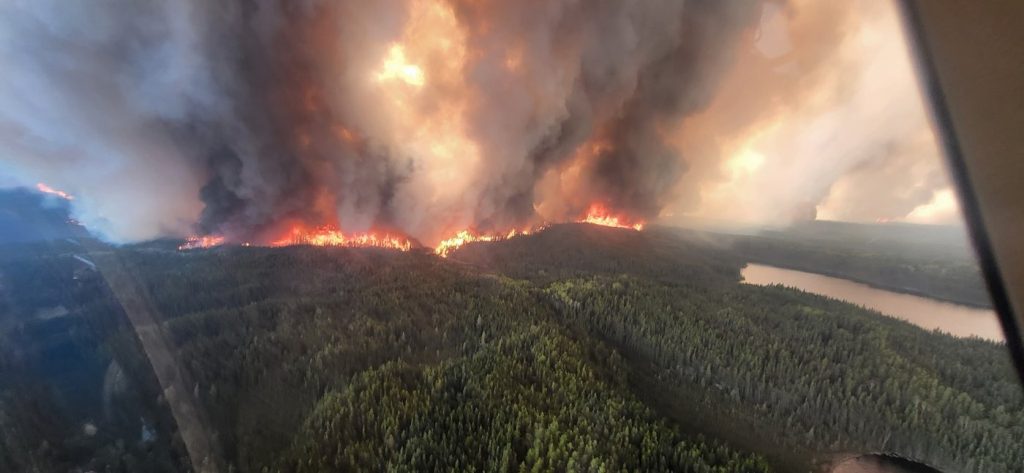City council votes to ask Ford for more power as a city, not just one person

Posted July 21, 2022 9:09 pm.
A debate at Toronto City Hall among councillors about whether or not the “strong mayor” system proposed by Premier Doug Ford should be implemented ultimately turned into a decision to ask for more for the city as a whole and not just one person.
During a strong debate on Thursday, councillors who appeared resigned to the increase in mayoral authority suggested asking the province for more control on things like creating new revenue tools, alcohol and marijuana sales, traffic safety, and housing and planning.
“The only person that know what Doug Ford wants to do is Doug Ford. But if he wants to do this, and we’re not going to be able to stop it, let’s be consulted on how it happens. Let’s try and get these additional authorities and powers that we’ve been asking for many, many years,” argued Councillor Jennifer McKelvie.
Ford said Wednesday that his government will be looking at the details of a so-called “strong mayor” system and they could be introduced within a matter of weeks. The increased mayoral powers would only be bestowed upon the mayors of Ottawa and Toronto.
“We’re all in a dither about this strong mayor, weak mayor thing,” said Councillor Mike Colle. “What we should be simply saying is show us the money.”
During Thursday’s discussion, Toronto’s city manager did admit that staff were not aware that a proposal was being considered by the province – but the matter of giving the mayor more power was last discussed back in 2006. This time, though, it’s about structure and who would have the ability to do what.
“I think by creating this strong mayor system, we are telling the people that we are creating an accountable system whereby people can judge the mayor by what he’s doing,” said Councillor Denzil Minnan-Wong.
In a statement, the Toronto Region Board of Trade says the current “weak mayor” structure stifles Toronto’s growth and that “effective, timely solutions require a city chief executive with clear authority to set an agenda, appoint senior City staff, and bring forward policy solutions to Council with greater influence over outcomes.”
“If I was a city councillor in Toronto I’d be concerned about it,” said municipal law expert John Mascarin. “I would say ‘Hold on. You’re going to give this power to the mayor? We have struggled for six months, eight months, a year to come up with a decision and then the mayor has the authority to just say no?'”
The notion that a strong mayor system is being considered base don getting more housing built was set aside as some councillors pointed out that a system like this works or does not work based on who the mayor is.
“What I wouldn’t want to see is us mistakenly handing over powers that then could get used to destroy the very system institutions that we try to uphold,” said Councillor Mike Layton. “We’ve got to ensure that nobody on this floor has that power.”
The motion asking the province to consult the city on any changes to its governance passed by a vote of 23-2. However, there’s no guarantee or obligation for the province to listen or accept any of the city’s requests. Shortly after he was elected premier in 2018, Ford cut the size of city council from 47 seats down to 25 without consulting the municipality.
Another measure passed by city council on Thursday will see limits on noise in neighbourhoods and on city streets. Beginning in September, power devices, such as leaf blowers and lawnmowers, will not be allowed before 8 a.m. from Monday to Friday, rather than the current 7 a.m. The restrictions on Saturday, Sunday and holidays remains unchanged at 9 a.m. to 7 p.m.
Council is also requesting the provincial government increase the fines and add demerit points for unnecessary vehicle noise while asking Toronto police be equipped with sound level meters to help enforce vehicle noise.








